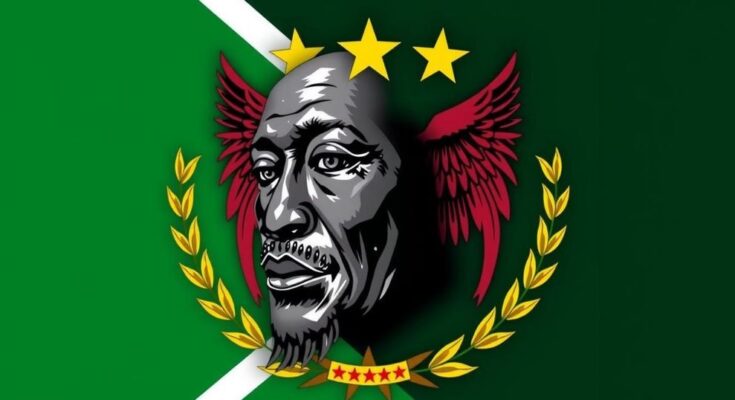President Salva Kiir appointed Peter Kuot Jiel to the SPLM National Liberation Council, replacing James Deng Wal. The decree did not provide reasons for the change. This appointment follows the extension of the transitional governance period until December 2026 and the postponement of elections initially scheduled for December 2024.
In a recent development, President Salva Kiir of South Sudan has appointed Peter Kuot Jiel as a new member of the Sudan People’s Liberation Movement (SPLM) National Liberation Council (NLC). This change was reported by the South Sudan Broadcasting Corporation (SSBC) on November 24, 2024, and it replaces James Deng Wal in the council. The presidential decree, however, did not elucidate the rationale behind this personnel change in the NLC, which serves as the legislative arm of the country’s ruling party.
This appointment comes in the context of South Sudan’s political landscape, where parties involved in a peace agreement extended the transitional period until December 2026. This extension was justified by the need to thoroughly implement the agreements that comprise the peace deal. Furthermore, an election that was initially scheduled for December 2024 has also been postponed for another two years, further illustrating the ongoing complexities within the nation’s governance framework.
The Sudan People’s Liberation Movement (SPLM) plays a pivotal role in South Sudan’s political framework as the ruling party since the country gained independence in 2011. The National Liberation Council (NLC) serves as the legislative body within the SPLM, influencing key policies and governance decisions. In recent times, South Sudan has faced significant political challenges, emphasizing the need for a stable and effective leadership in navigating peace agreements and governance, particularly as the transitional period has been extended to allow further implementation of peace accords and the postponement of elections.
The appointment of Peter Kuot Jiel to the National Liberation Council underscores ongoing political shifts within the SPLM and South Sudan’s governance. While the exact reasons for this change remain undisclosed, it reflects the evolving landscape as the nation approaches critical deadlines related to peace implementation and electoral processes. The extended transitional period and postponed elections suggest a continued emphasis on stabilizing the political environment in South Sudan.
Original Source: sudantribune.com




